What kind of threat are you dealing with
SearchForWords hijacker might be accountable for the modifications carried out to your browser, and it could have invaded your machine along with free applications. Free programs generally have some kind of offers attached, and when people do not unmark them, they permit them to install. These kinds of infections are why you need to pay attention to what kind of programs you install, and how you do it.

SearchForWords is not a high-level threat but the way it behaves will get on your nerves. For one, they alter browser’s settings so that the sites they are advertising are set as your home web page and new tabs. Your search engine will also be altered, and it may insert sponsored content among the legitimate results. You will be redirected to advertisement websites so that website owners could earn income from boosted traffic. You need to be cautious with those redirects as you might infect your operating system with malicious software if you got rerouted to a dangerous web page. Malware is a much more serious contamination and it could bring about more dire consequences. You might find the browser redirect’s supplied features handy but you need to know that they may be found in proper extensions as well, which don’t harm your PC. Redirect viruses are also collecting certain kind of information about users’ Internet activity, so that content users are more likely to press on could be displayed. In addition, suspicious third-parties may be granted access to that information. If you want to prevent bad outcomes, you should urgently uninstall SearchForWords.
What does SearchForWords do
You possibly got it was when you were installing freeware. Since they’re highly invasive and aggravating infections, we highly doubt you got it knowing what it is. This is an effective method because people do not pay attention during software installations, as in they rush and do not read the information that is provided. Those offers are frequently hidden during installation, and if you don’t pay attention, you will not see them, which means their installation will be permitted. Don’t decide Default settings since they’ll not show anything. Instead, opt for Advanced (Custom) mode because they’ll display the items and allow you to deselect them. Unless you wish to deal with unnecessary installations, ensure you always deselect the offers. Just unmark the items, and you can then continue installing the free program. Dealing with these threats can be irritating so you would do yourself a great favor by initially blocking them. You are also suggested to not download from dubious sources as you could easily get malware this way.
Whether you are experienced with computers or not, you will know when a redirect virus is installed. Alterations to your browser will be performed without authorization, mainly your home web page, new tabs and search engine will be modified to display a different website. It is possible that it will affect all of the well-known browsers, like Internet Explorer, Google Chrome and Mozilla Firefox. And unless you first delete SearchForWords from the operating system, the page will load every time you open your browser. Altering the settings back would a waste of time as the hijacker will change them again. If when you search for something results are generated by a weird search engine, it is possible that the browser hijacker has altered it. Advertisement content will be injected in the results, seeing as the reason behind a redirect virus’s existence is to reroute to certain sites. These types of infections aim to increase traffic for certain pages so that more income from ads is earned. More traffic helps web page owners make money because more users are likely to engage with the ads. They will possibly have nothing to do with what you were searching for, so you gain nothing from those web pages. In some cases they could seem real in the beginning, if you were to search ‘virus’, websites promoting false security programs may come up, and they could seem legitimate in the beginning. Some of those websites might even be dangerous. Another thing you ought to be aware of is that these types of threats are able to snoop on you so as to get data about what websites you’re more likely to enter and what you are apt to searching for most. Third-parties could also gain access to the info, and it could be used to create ads. Or the browser hijacker would use it to make more customized sponsored results. It’s clear the reroute virus shouldn’t be authorized to stay on your machine, so delete SearchForWords. Since there will be nothing stopping you, after you carry out the process, ensure you change your browser’s settings.
How to remove SearchForWords
While the threat will not cause as dire outcomes as some others would, we still suggest that you uninstall SearchForWords as soon as possible. Depending on on your computer experience, you may choose from manual and automatic methods to rid your device of the redirect virus. By hand entails you discovering where the browser hijacker is hidden yourself. The process itself is not complex, albeit rather time-consuming, but you are welcome to use the guidelines presented below this report. If you follow them step-by-step, you should not encounter issues. It should not be the first option for those who do not have much experience with computers, however. The other alternative is to acquire spyware elimination software and have do everything for you. The software will scan your system for the infection and once it identifies it, you just have to give it authorization to get rid of the redirect virus. If you can reverse the performed changes to your browser’s settings, you have successfully gotten rid of the reroute virus. However, if you notice that your homepage went back to the hijacker’s website, the reroute virus is still operating. Now that you have realized how aggravating hijacker could be, try to avoid them. If you wish to have an uncluttered computer, you have to have good computer habits.
Offers
Download Removal Toolto scan for SearchForWordsUse our recommended removal tool to scan for SearchForWords. Trial version of provides detection of computer threats like SearchForWords and assists in its removal for FREE. You can delete detected registry entries, files and processes yourself or purchase a full version.
More information about SpyWarrior and Uninstall Instructions. Please review SpyWarrior EULA and Privacy Policy. SpyWarrior scanner is free. If it detects a malware, purchase its full version to remove it.

WiperSoft Review Details WiperSoft (www.wipersoft.com) is a security tool that provides real-time security from potential threats. Nowadays, many users tend to download free software from the Intern ...
Download|more


Is MacKeeper a virus? MacKeeper is not a virus, nor is it a scam. While there are various opinions about the program on the Internet, a lot of the people who so notoriously hate the program have neve ...
Download|more


While the creators of MalwareBytes anti-malware have not been in this business for long time, they make up for it with their enthusiastic approach. Statistic from such websites like CNET shows that th ...
Download|more
Quick Menu
Step 1. Uninstall SearchForWords and related programs.
Remove SearchForWords from Windows 8
Right-click in the lower left corner of the screen. Once Quick Access Menu shows up, select Control Panel choose Programs and Features and select to Uninstall a software.


Uninstall SearchForWords from Windows 7
Click Start → Control Panel → Programs and Features → Uninstall a program.
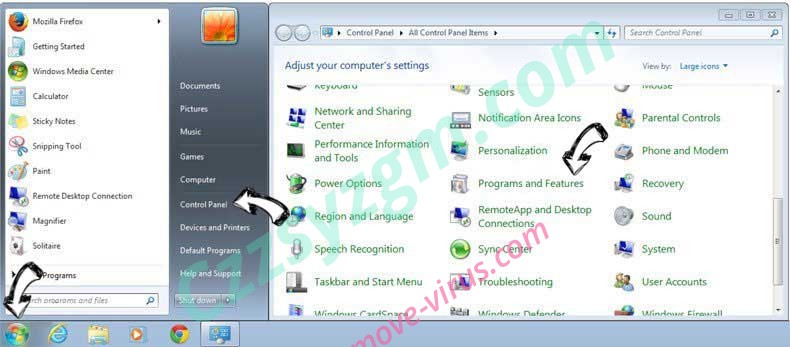

Delete SearchForWords from Windows XP
Click Start → Settings → Control Panel. Locate and click → Add or Remove Programs.
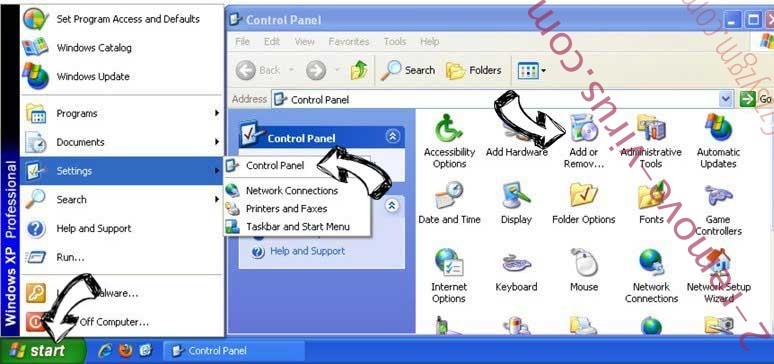

Remove SearchForWords from Mac OS X
Click Go button at the top left of the screen and select Applications. Select applications folder and look for SearchForWords or any other suspicious software. Now right click on every of such entries and select Move to Trash, then right click the Trash icon and select Empty Trash.


Step 2. Delete SearchForWords from your browsers
Terminate the unwanted extensions from Internet Explorer
- Tap the Gear icon and go to Manage Add-ons.

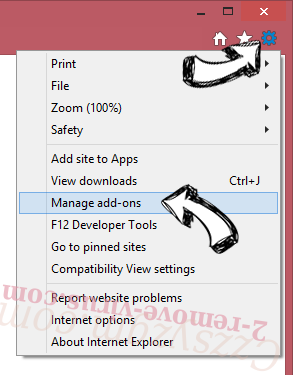
- Pick Toolbars and Extensions and eliminate all suspicious entries (other than Microsoft, Yahoo, Google, Oracle or Adobe)

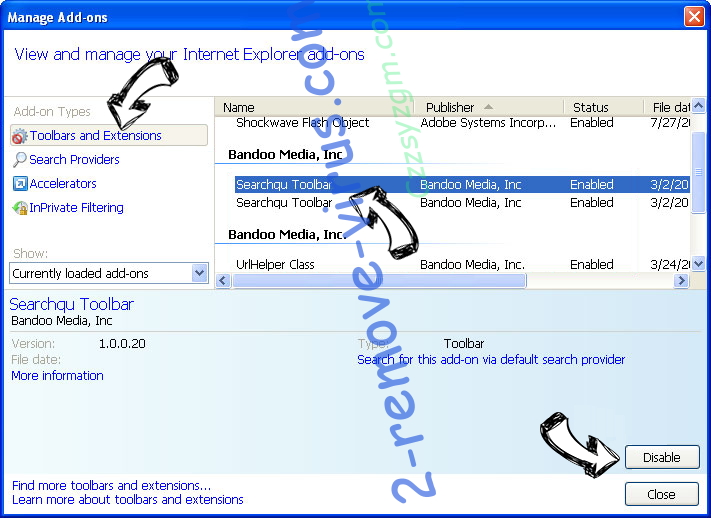
- Leave the window.
Change Internet Explorer homepage if it was changed by virus:
- Tap the gear icon (menu) on the top right corner of your browser and click Internet Options.

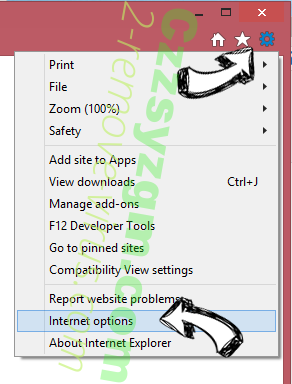
- In General Tab remove malicious URL and enter preferable domain name. Press Apply to save changes.

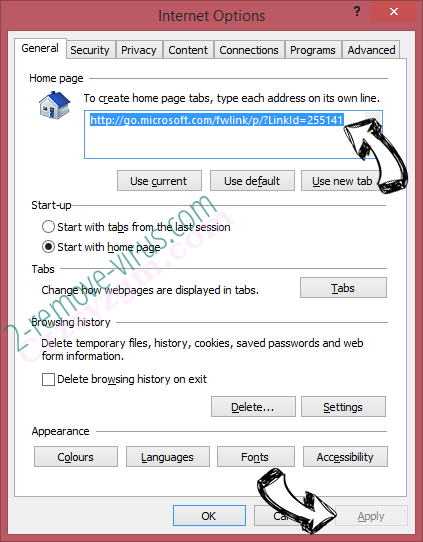
Reset your browser
- Click the Gear icon and move to Internet Options.

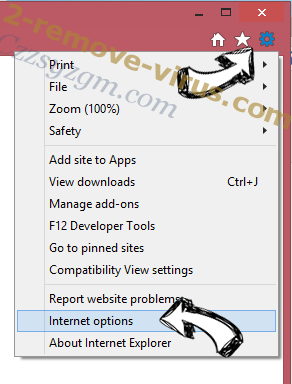
- Open the Advanced tab and press Reset.

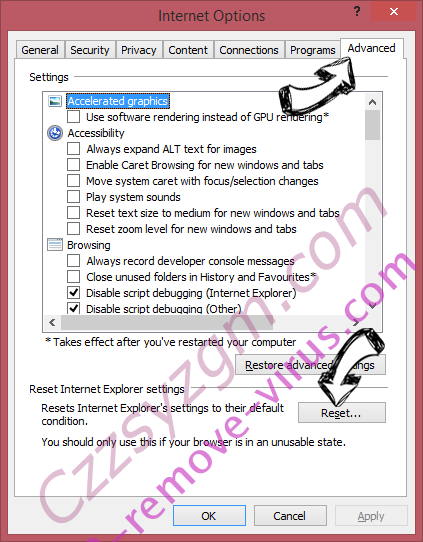
- Choose Delete personal settings and pick Reset one more time.

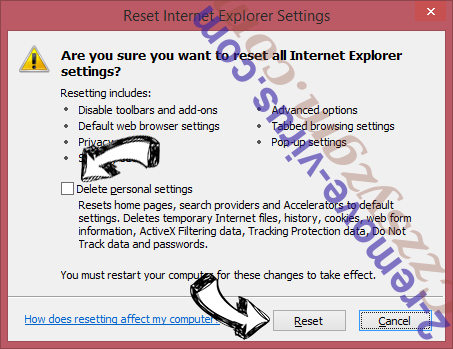
- Tap Close and leave your browser.

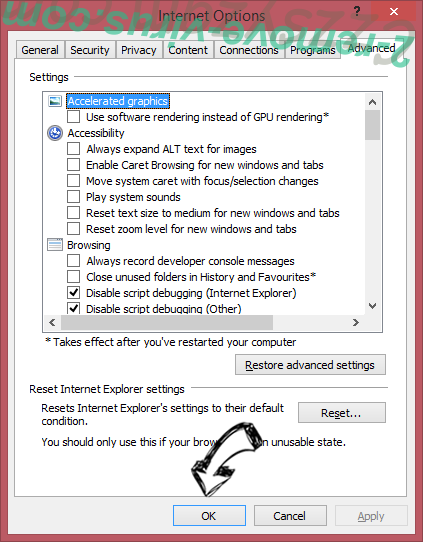
- If you were unable to reset your browsers, employ a reputable anti-malware and scan your entire computer with it.
Erase SearchForWords from Google Chrome
- Access menu (top right corner of the window) and pick Settings.

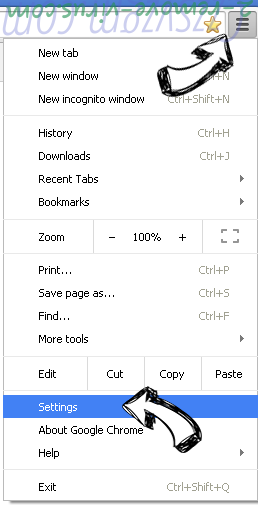
- Choose Extensions.

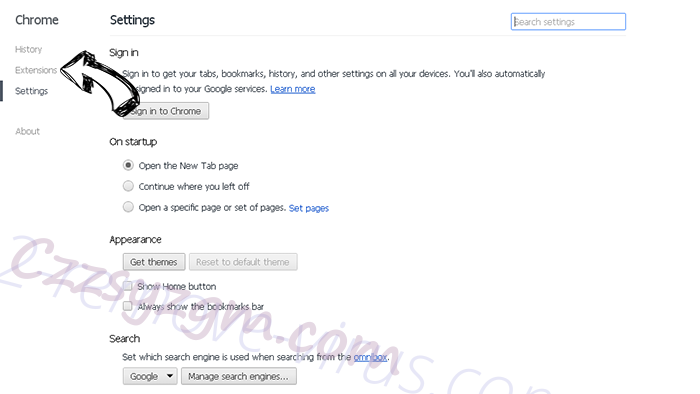
- Eliminate the suspicious extensions from the list by clicking the Trash bin next to them.

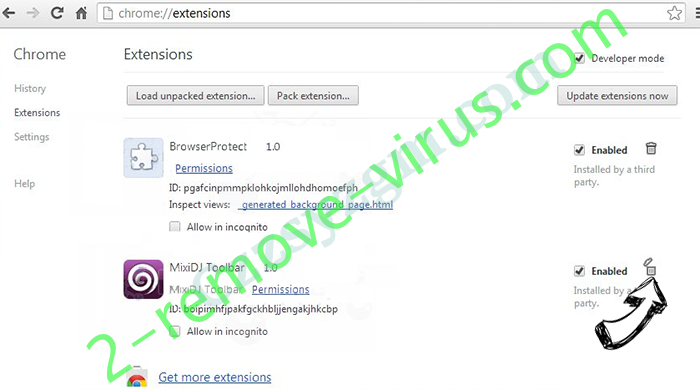
- If you are unsure which extensions to remove, you can disable them temporarily.

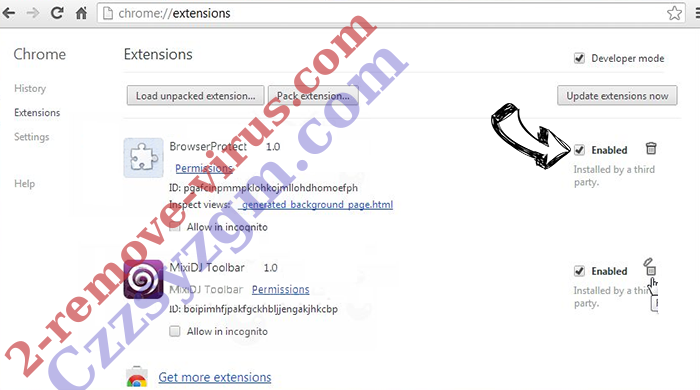
Reset Google Chrome homepage and default search engine if it was hijacker by virus
- Press on menu icon and click Settings.

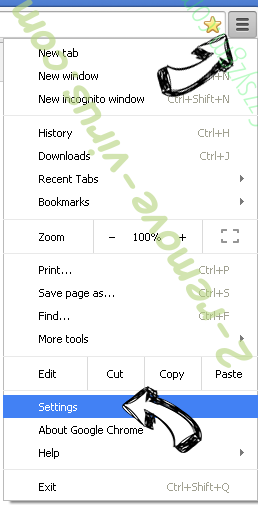
- Look for the “Open a specific page” or “Set Pages” under “On start up” option and click on Set pages.

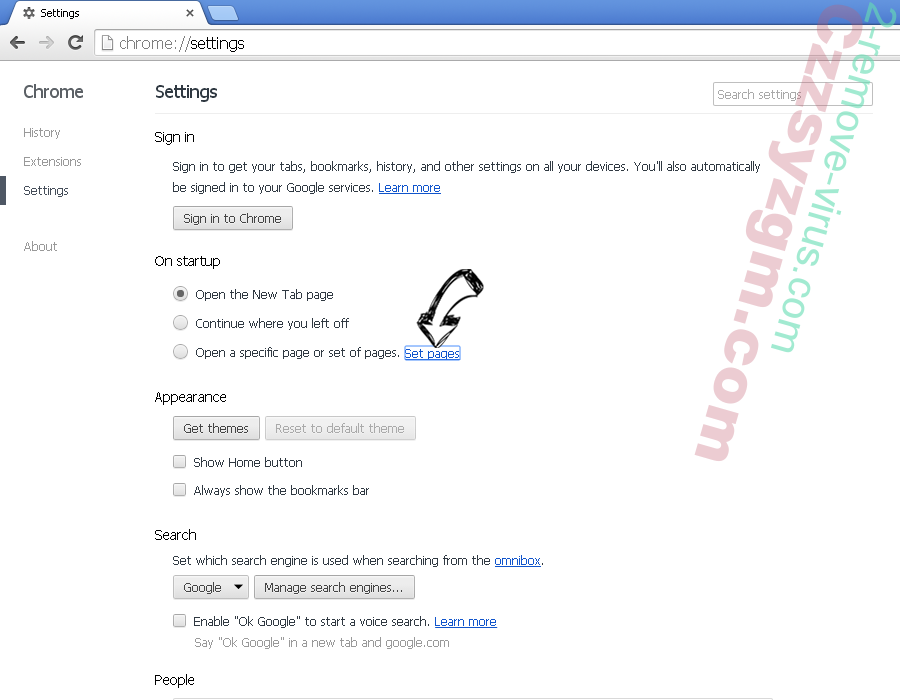
- In another window remove malicious search sites and enter the one that you want to use as your homepage.


- Under the Search section choose Manage Search engines. When in Search Engines..., remove malicious search websites. You should leave only Google or your preferred search name.

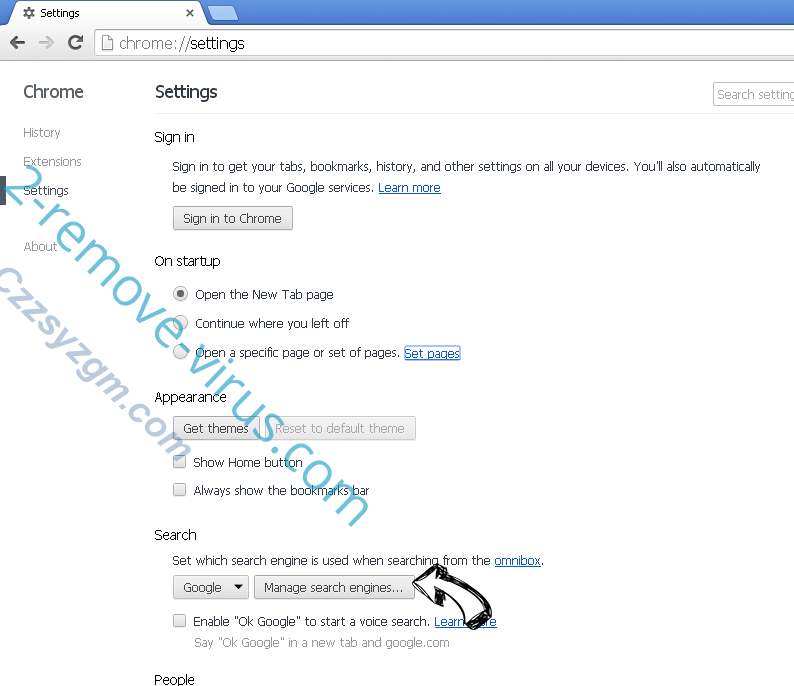

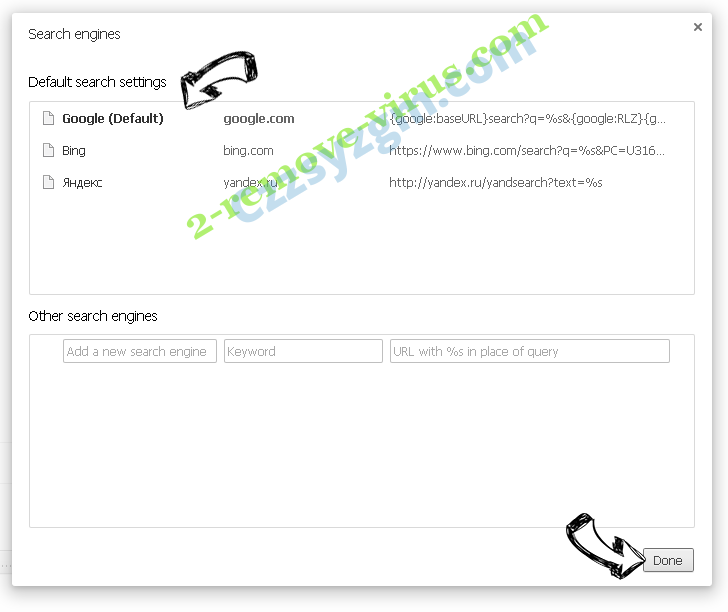
Reset your browser
- If the browser still does not work the way you prefer, you can reset its settings.
- Open menu and navigate to Settings.

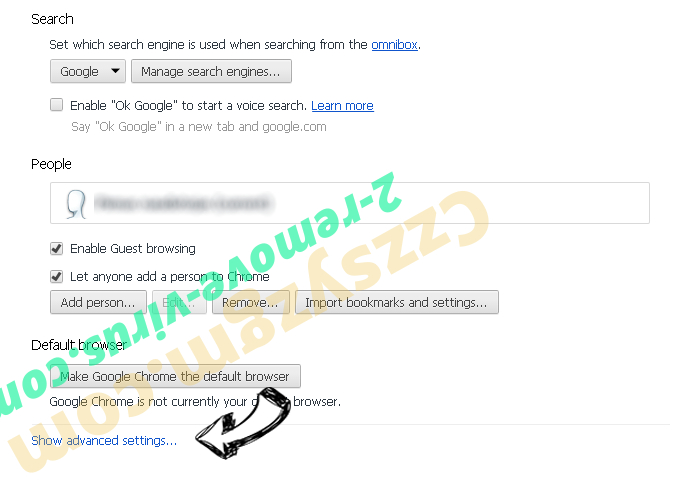
- Press Reset button at the end of the page.

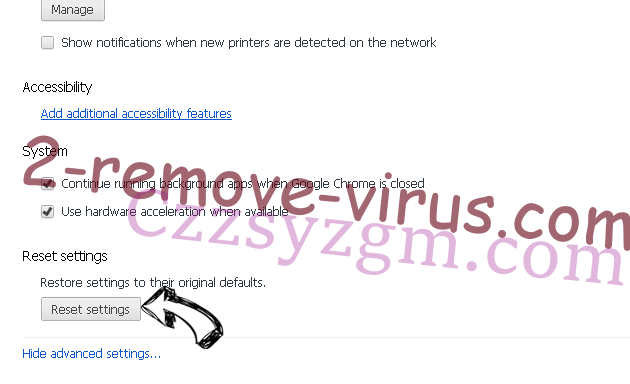
- Tap Reset button one more time in the confirmation box.

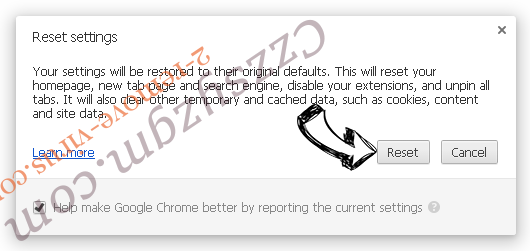
- If you cannot reset the settings, purchase a legitimate anti-malware and scan your PC.
Remove SearchForWords from Mozilla Firefox
- In the top right corner of the screen, press menu and choose Add-ons (or tap Ctrl+Shift+A simultaneously).


- Move to Extensions and Add-ons list and uninstall all suspicious and unknown entries.

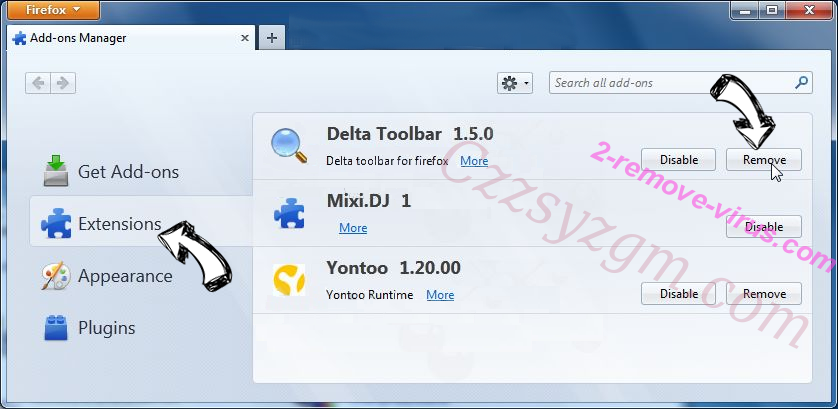
Change Mozilla Firefox homepage if it was changed by virus:
- Tap on the menu (top right corner), choose Options.


- On General tab delete malicious URL and enter preferable website or click Restore to default.

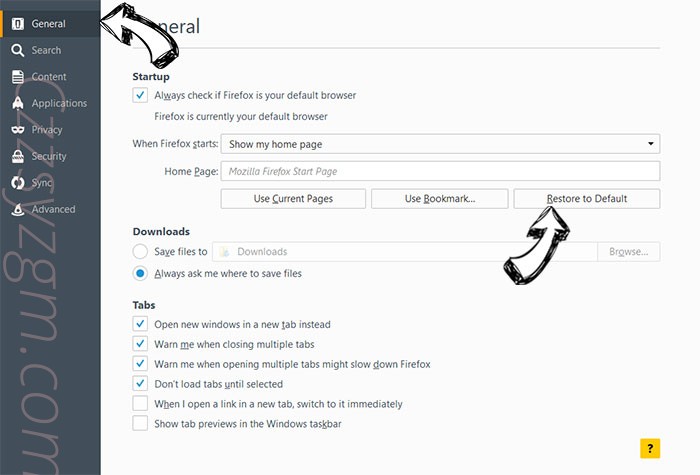
- Press OK to save these changes.
Reset your browser
- Open the menu and tap Help button.

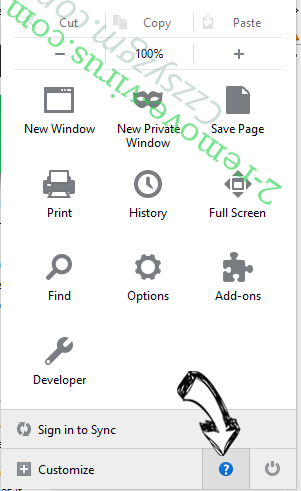
- Select Troubleshooting Information.


- Press Refresh Firefox.

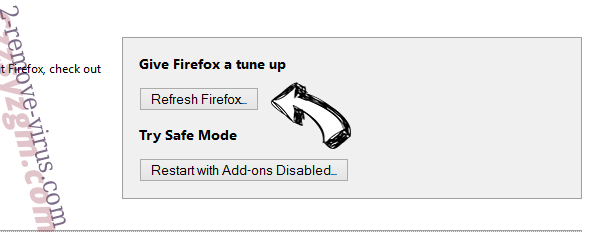
- In the confirmation box, click Refresh Firefox once more.


- If you are unable to reset Mozilla Firefox, scan your entire computer with a trustworthy anti-malware.
Uninstall SearchForWords from Safari (Mac OS X)
- Access the menu.
- Pick Preferences.

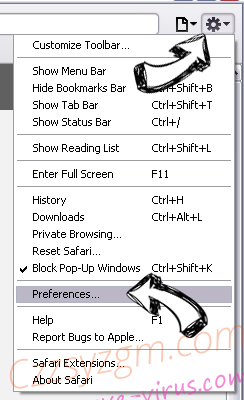
- Go to the Extensions Tab.

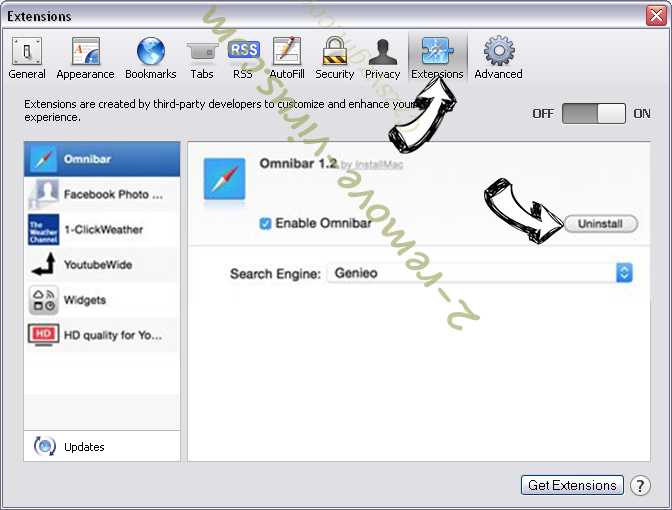
- Tap the Uninstall button next to the undesirable SearchForWords and get rid of all the other unknown entries as well. If you are unsure whether the extension is reliable or not, simply uncheck the Enable box in order to disable it temporarily.
- Restart Safari.
Reset your browser
- Tap the menu icon and choose Reset Safari.

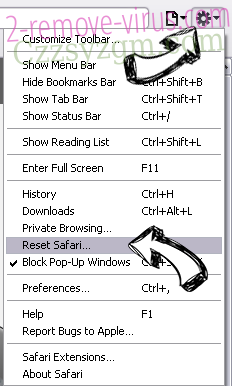
- Pick the options which you want to reset (often all of them are preselected) and press Reset.

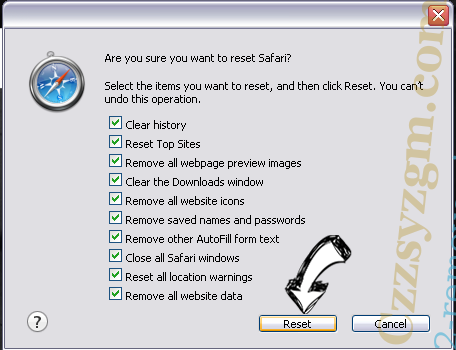
- If you cannot reset the browser, scan your whole PC with an authentic malware removal software.
Site Disclaimer
2-remove-virus.com is not sponsored, owned, affiliated, or linked to malware developers or distributors that are referenced in this article. The article does not promote or endorse any type of malware. We aim at providing useful information that will help computer users to detect and eliminate the unwanted malicious programs from their computers. This can be done manually by following the instructions presented in the article or automatically by implementing the suggested anti-malware tools.
The article is only meant to be used for educational purposes. If you follow the instructions given in the article, you agree to be contracted by the disclaimer. We do not guarantee that the artcile will present you with a solution that removes the malign threats completely. Malware changes constantly, which is why, in some cases, it may be difficult to clean the computer fully by using only the manual removal instructions.
